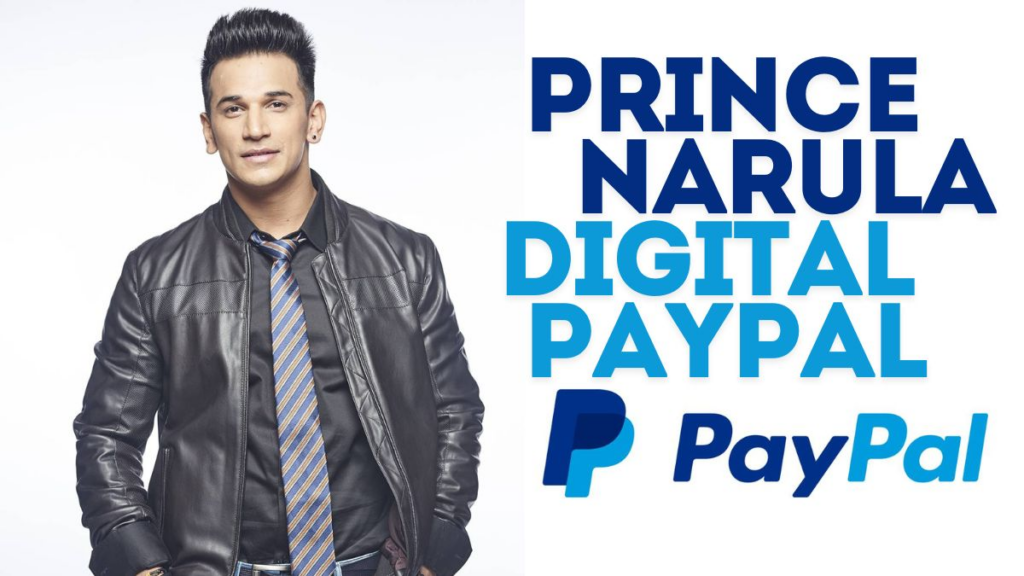In recent years, the real estate market has been shaken by the rise of innovative selling models, and one name that stands out is 72 Sold. Known for its fast-paced, unique approach to selling homes, the company garnered significant attention. However, it is not without controversy. The “72 Sold lawsuit” has thrown the company into the spotlight, raising questions about its practices, legal challenges, and the potential implications for the real estate industry at large.
What Is 72 Sold?
To understand the lawsuit, it’s crucial to first grasp the business model that 72 Sold introduced to the real estate market. Founded by real estate broker Greg Hague, 72 Sold offers a home-selling system that promises to sell homes in 72 hours or less. Their method focuses on eliminating long waiting times, streamlining the process, and using strategic marketing to generate offers quickly. Homeowners are drawn to the concept of selling their property in a matter of days rather than enduring the lengthy, traditional home-selling timeline.
72 Sold’s advertising has been aggressive, claiming they can sell homes faster and often for higher prices than conventional agents. However, with such bold promises come heightened scrutiny and challenges from competitors, clients, and regulatory bodies.
Overview of the 72 Sold Lawsuit
The 72 Sold lawsuit stems from claims related to deceptive marketing practices, competition law violations, and possible breaches of industry regulations. Lawsuits against real estate companies often revolve around misrepresentation, conflicts of interest, or failure to adhere to fiduciary duties. The 72 Sold legal dispute is no exception. While the exact details of the lawsuit evolve, it is primarily focused on whether the company’s claims regarding their home-selling model are truthful, or if they intentionally mislead customers.
Legal experts have raised concerns about the accuracy of 72 Sold’s advertising and whether the company’s rapid sales approach is sustainable or even viable in different market conditions. Moreover, rival real estate firms have expressed dissatisfaction, accusing 72 Sold of unfair competition and asserting that the model may infringe on certain real estate rules or standards.
The Allegations Against 72 Sold
The allegations in the 72 Sold lawsuit vary, but most of them focus on potential consumer harm and antitrust concerns. A significant portion of the claims involves the following:
- Misleading Advertising: Plaintiffs argue that 72 Sold’s marketing tactics oversell the efficiency of their process. They claim that the promises of selling homes in 72 hours or achieving better sales prices are not consistently achievable, with some homebuyers experiencing delays or disappointing offers. This form of alleged misrepresentation could be considered deceptive advertising, which is a violation of consumer protection laws.
- False Promises: The central issue for many litigants is the question of whether 72 Sold can realistically guarantee the sale of homes in three days. The lawsuit questions whether this promise is based on isolated cases or consistently replicated, leading to accusations of false advertising.
- Unfair Competition: Traditional real estate agents and firms argue that 72 Sold’s practices hurt the industry by creating unrealistic expectations among consumers. By promoting a vastly different (and arguably riskier) model, competitors allege that 72 Sold undermines the value of their traditional, methodical approach to real estate sales.
- Regulatory Compliance: In some jurisdictions, the company’s rapid-selling methods may fall into legal gray areas. Concerns have been raised about whether 72 Sold is adhering to the regulatory requirements that govern real estate transactions, such as full disclosure, agent licensing, and transparency with potential buyers.
Potential Impact of the Lawsuit on 72 Sold
Legal battles such as the one faced by 72 Sold can have significant financial and reputational repercussions for companies involved. If the lawsuit were to result in a ruling against the company, there could be several outcomes:
- Financial Penalties: A guilty verdict could lead to substantial fines or damages awarded to plaintiffs, depending on the severity of the violations. These could come in the form of direct settlements or as compensation to consumers who claim they were misled.
- Injunctive Relief: The courts could mandate changes to 72 Sold’s business practices, particularly in how the company advertises its services and interacts with clients. This might include stricter guidelines on the marketing language they use and new transparency standards in their sales process.
- Market Confidence: Perhaps most damaging would be the potential loss of consumer confidence. Even if 72 Sold’s core model remains legally permissible, negative publicity from the lawsuit could discourage potential clients from using their service. Real estate is a trust-driven business, and any tarnishing of that trust could hinder the company’s growth.
- Precedent for Industry Regulation: The outcome of the lawsuit could influence how real estate laws are interpreted in the context of non-traditional selling models. If the courts deem 72 Sold’s practices problematic, it might lead to new regulations aimed at curbing similar business models in the future.
Defending the 72 Sold Business Model
In response to the legal challenges, 72 Sold has mounted a robust defense. The company argues that its marketing accurately reflects their results and that their approach offers real value to homeowners. Their legal team maintains that the claims of fast sales and higher offers are backed by data, citing numerous satisfied clients as evidence of their success.
Additionally, 72 Sold points out that traditional real estate agents have a vested interest in challenging their model, as it represents a significant disruption to the status quo. The company’s defense suggests that the lawsuit is part of a broader attempt by industry incumbents to suppress innovation in real estate sales.
The Role of Competition in the Real Estate Market
At the heart of the 72 Sold lawsuit is a broader conversation about competition within the real estate market. In any industry, when new, disruptive models arise, there are bound to be challenges from existing players. Traditional real estate agents have relied on tried-and-true methods for decades, and the sudden rise of companies like 72 Sold represents a threat to that stability.
But does that mean that companies like 72 Sold are inherently wrong, or are they simply misunderstood? Disruption is a natural part of market evolution, and new business models often lead to improvements in efficiency and consumer satisfaction. The lawsuit will force the courts—and perhaps the real estate industry at large—to confront this question: How much room should there be for innovation in real estate sales?
What Does the Future Hold for 72 Sold?
As the lawsuit unfolds, the future of 72 Sold remains uncertain. While the company has made significant waves in the real estate market with its bold promises and fast results, the legal challenges could dictate the path it takes going forward. A successful defense could solidify 72 Sold’s position as a legitimate, innovative player in real estate, while a loss could curb its momentum or lead to major changes in its operating model.
One thing is clear: regardless of the lawsuit’s outcome, 72 Sold has sparked a critical conversation about the future of real estate sales. Whether its methods are validated or deemed too risky for consumers, the company has already left its mark on the industry.
FAQs
What is the 72 Sold lawsuit about?
The 72 Sold lawsuit focuses on allegations of deceptive marketing practices, false promises, and unfair competition in the real estate market.
Why is 72 Sold being sued?
72 Sold is being sued for claims that their marketing misleads consumers by promising unrealistic results, such as selling homes in 72 hours, and for engaging in unfair competition with traditional real estate agents.
What impact could the lawsuit have on 72 Sold?
If the lawsuit results in a guilty verdict, 72 Sold could face financial penalties, be required to change its business practices, and lose consumer trust. The outcome could also affect industry regulations for real estate models like theirs.
How does 72 Sold defend itself?
72 Sold argues that their marketing is truthful and that their model offers real value to homeowners, citing satisfied clients and successful sales as evidence. They claim that traditional real estate agents are challenging their business out of self-interest.
What are the main allegations in the lawsuit?
The primary allegations are misleading advertising, false promises of fast home sales, unfair competition with traditional agents, and potential violations of real estate regulations.
Is the 72 Sold model sustainable?
This is a key question in the lawsuit. Critics argue that the model may not be replicable in all cases, while 72 Sold asserts that its data supports its claims of fast and successful sales.
Conclusion
The 72 Sold lawsuit brings to light important issues surrounding real estate innovation, consumer protection, and industry competition. As this legal battle unfolds, it will set critical precedents not just for 72 Sold, but for the broader future of how homes are sold in a rapidly evolving market. Whether viewed as a groundbreaking business or a model in need of regulation, the outcome of this lawsuit will be closely watched by homeowners, real estate professionals, and legal experts alike.

 Blog4 months ago
Blog4 months ago
 Life style4 months ago
Life style4 months ago
 Tech5 months ago
Tech5 months ago
 Tech5 months ago
Tech5 months ago
 Life style5 months ago
Life style5 months ago
 News5 months ago
News5 months ago
 Tech5 months ago
Tech5 months ago
 Blog5 months ago
Blog5 months ago



